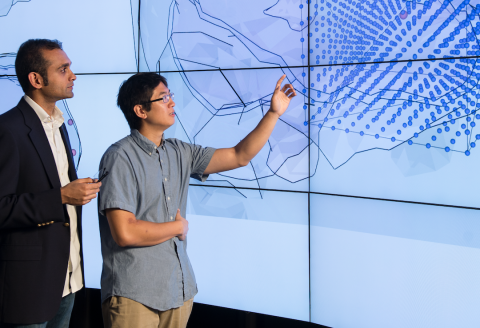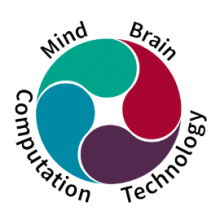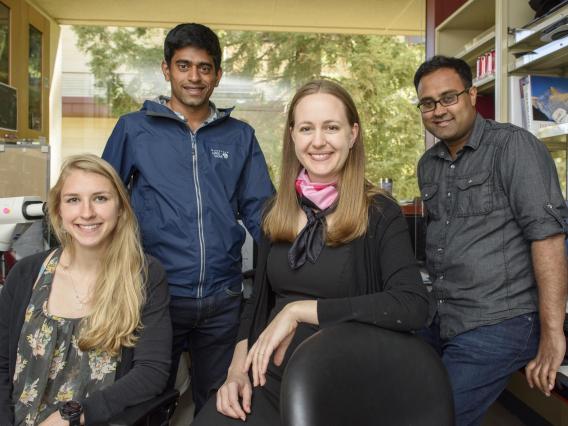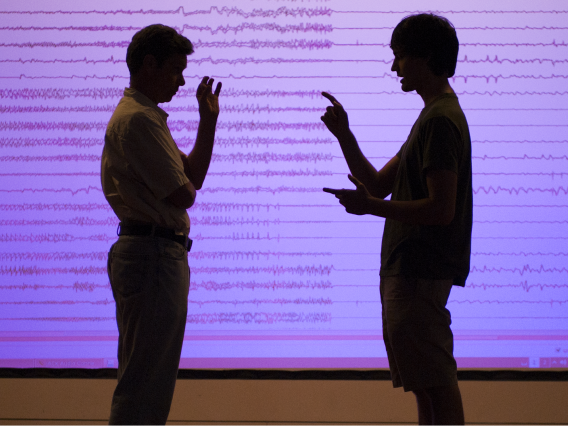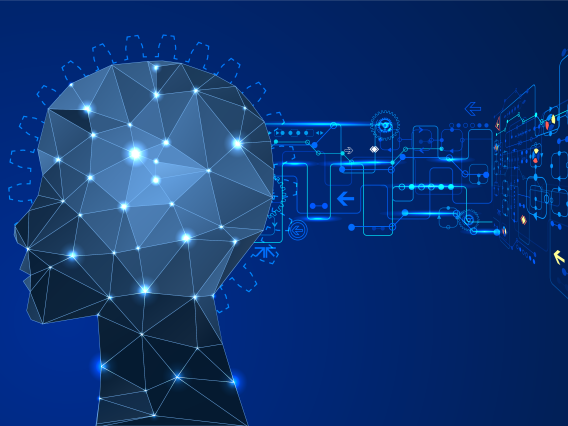Advancing the frontiers of neuroscience
The Center for Mind, Brain, Computation and Technology (MBCT) aims to inspire new advances in our understanding of neuroscience and its applications, and to give future generations of scientists the tools to investigate the emergent functions of the brain and to contribute to the development of artificial systems that emulate them.
Part of Wu Tsai Neuro since 2018, the MBCT Center has built a network of trainees seeking to leverage sophisticated mathematical models and innovative technologies to more precisely understand brain function. The co-existence of experimental and theoretical and computational approaches to understanding the brain and mind is uncommon and inspiring.
The Center for Mind, Brain, Computation and Technology seeks to further the sciences of mind and brain and to develop applications that enhance functional outcomes for those with disabilities or disorders. To pursue these aims, we support interdisciplinary engagement and training that integrates experimental research with computational and technical approaches."
The Center for Mind, Brain, Computation and Technology seeks to further the sciences of mind and brain and to develop applications that enhance functional outcomes for those with disabilities or disorders. To pursue these aims, we support interdisciplinary engagement and training that integrates experimental research with computational and technical approaches."
The ability to think and reason, to perceive the world around you and to remember it hours or even years later, to make elaborate plans and to execute those plans effectively — all these astounding cognitive functions arise from the collective activity of networks of neurons in the brain. However, we are still far from understanding of these emergent functions, and equally far from capturing them in artificial systems.
To achieve these challenging goals requires the interdisciplinary combination of mathematically sophisticated computational models, complex experimental approaches, and innovations in technology to enable the capture of ever more precise information about how the brain functions. The Center for Mind, Brain, Computation and Technology (MBCT) is a community of researchers, students and community members dedicated to this interdisciplinary approach.
